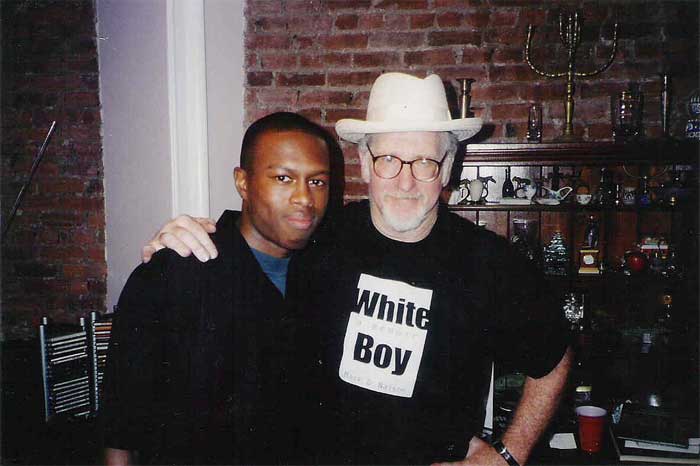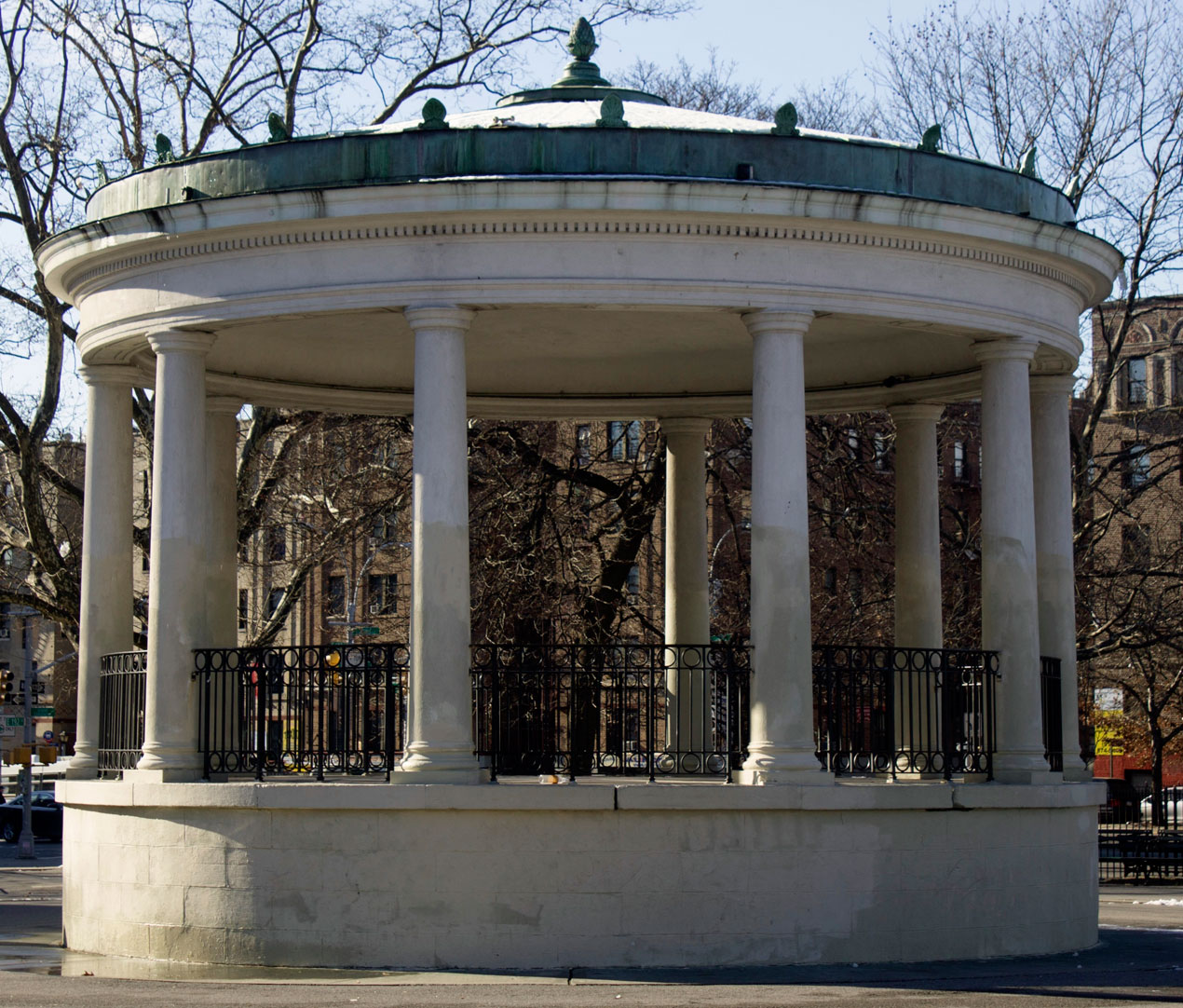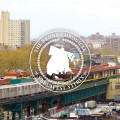This recent Facebook status of Fordham University professor and long time outspoken community activist Prof. Mark Naison highlights what has become the theme of the recent transition in city government in our fair city, the tale of two cities, of the haves and have- nots. I second the thoughts of a law student who will not be mentioned who shared this status, stating “I don’t always agree with Mark Naison, but I really could not have said this any better.”

Journalist Curtis Stephen and Prof. Mark Naison. Photo c/o curtisstephen.com.
“If any of you wonder why I will never raise my voice against funding Prisoner Education, even if the politician supporting it is someone I despise, here’s one good reason:
I teach on the Bronx campus of Fordham University. In side the campus, there are as many people selling and using drugs as there are outside the campus gates Yet in the 40 plus years I have been teaching there, I have never heard of a drug raid on the Fordham campus, and never known a student arrested on campus for drugs. When I ask my students to name a New York State prison, they can usually name only two of the 60- Sing Sing and Attica
Now head outside the campus. If you talk to college age young people in the neighborhood, almost everyone will know someone who is in, or has once been in prison, usually for drugs. Many of them can name 8 or 10 New York State prisons ( Greenvale, Greenhaven, Coxsackie etc). And if you talk to young people who have been in prison for drugs, as I have on numerous occasions, most of them cannot get legal jobs. They are locked out of the legal economy permanently, exactly the way Michelle Alexander describes in her book, “The New Jim Crow.”
So when someone tells me- I can’t support spending money to educate people who have broken the law– my answer is this:
At this moment in history, Prison is not for “people who have broken the law” it is for poor people who have broken laws that rich people are almost never jailed for. I support educating them so that when they leave prison, they have a chance of supporting their families without breaking the law. Many do not have that opportunity now.”
















Follow Us